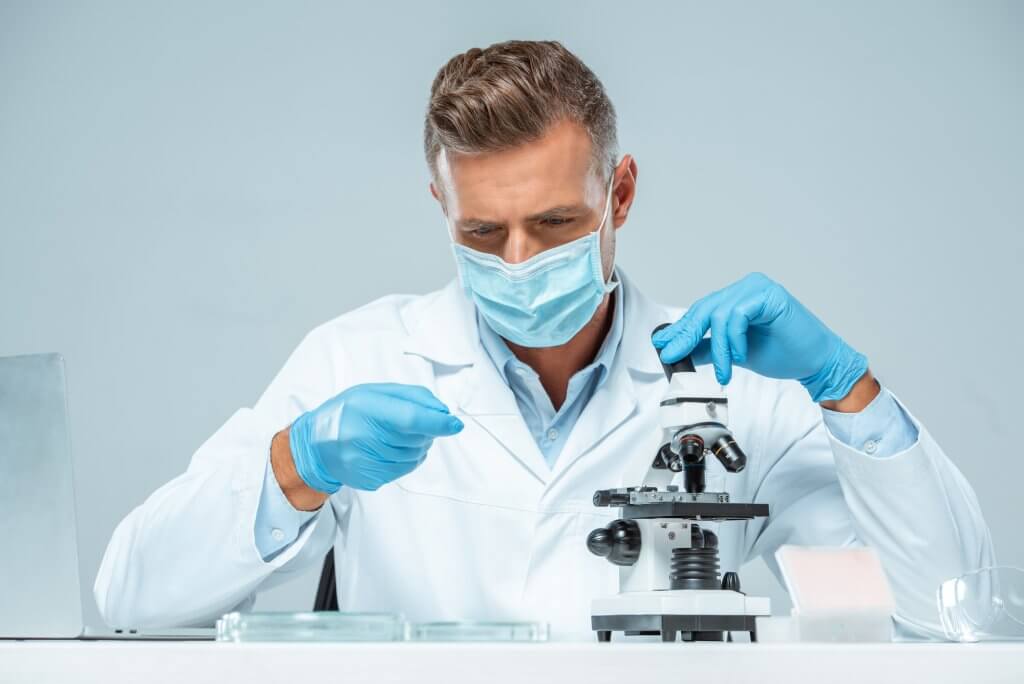Testosterone
Testosterone and Atherosclerosis: Research Finds Yet Another Health Risk Associated With Low T
Rumors relating cardiovascular health concerns to testosterone continue to swirl in media and marketing in spite of new research trends. Current and methodologically sound research indicates that low testosterone levels are associated with the dangers of poor cardiovascular health. This contrasts sharply with Initial research, which prematurely concluded that supplementary testosterone would increase the likelihood…
Read MoreNon-alcoholic Fatty Liver Disease: Is Low T Putting You at Risk?
Fatty liver disease (FLD), also called hepatic steatosis, is a chronic buildup of excess fat in the liver that affects more than 3 million people in the U.S. every year. The most common cause is the routine overconsumption of alcohol—AFLD (alcoholic fatty liver disease). However, many people are surprised because their doctor diagnoses them with…
Read MoreSex Hormone Binding Globulin and Free Testosterone—Your Normal Results May be Wrong
Are you experiencing the symptoms of low testosterone despite lab results that show a healthy total testosterone level? You’re not alone. Men are often told that their levels are perfectly normal, yet they don’t feel well. The truth is that diagnosing and confirming low testosterone is a complicated endeavor. It requires thorough lab testing and…
Read MoreTRT and Heart Attack Risk—Research Behind Claims Refuted
The rumor that Testosterone replacement Therapy (TRT) increases the risk of cardiovascular disease (CVD) events, which include heart attacks and strokes, continues to be repeated as though it were a fact. If you’re concerned about a connection between TRT and heart attacks, 2 facts you need to know are: The 2 studies most often used…
Read MoreParabens and Low Testosterone—Could Household Products Damage Your Hormone Balance?
Low testosterone diagnoses and prescriptions for supplemental testosterone have risen steadily in recent years. In response to that trend, consumers, the health industry, and medical researchers all have looked to lifestyle changes as potential treatment measures, including healthier diets and better exercise routines. It’s important to consider how your overall health affects your hormone levels,…
Read MoreSleep and Low Testosterone—An Overlooked Connection
Chronic insufficient sleep is a serious health risk common to most modern societies, and America is no exception. In fact, Americans sleep nearly two hours less than they did 100 years ago, and approximately 33% of those employed report sleeping less than six hours each night. According to the Centers for Disease Control and Prevention…
Read MoreSugary Beverages and Low T in Younger Men—Science Says Skip the Soda
Although most people are generally aware that sugar is bad for their health, they are unaware of the specific harms it can cause. Beyond weight gain, routinely consuming large daily quantities of sugar can increase the risk of type 2 diabetes, heart disease, and other chronic illnesses. Medical research also continues to find evidence that…
Read MoreLow-Fat Diets—Do They Contribute to Low Testosterone Levels?
Dietary information, which is often based on conjecture and marketing spin, can be both confusing and contradictory for those looking to improve their overall health. Many of us remember the days when almost all fat was labeled bad for you. However, modern nutritional fads like the Keto and Paleo diets recommend consuming much more fat…
Read MoreDepression and Low Testosterone—Could There Be a Treatment Overlap?
Depression has been a major health concern for decades. According to the Anxiety and Depression Association of America (ADAA), this energy- and vitality-draining condition adversely affects more than 16.1 million American adults per year—roughly 7% of the U.S. population. Major depressive disorder is also the leading cause of disability among working-age individuals in the nation.…
Read MoreSlowing the Premature Aging Process—TRT and Improved Muscle Performance in Older Men
The likelihood of discovering low testosterone increases as men get older. As a result of this treatable condition, men often notice a significant reduction in their energy levels, muscle mass, muscle strength, and quality of life earlier in life than expected. This premature aging and frailty often affects balance and how quickly the muscles fatigue,…
Read More









